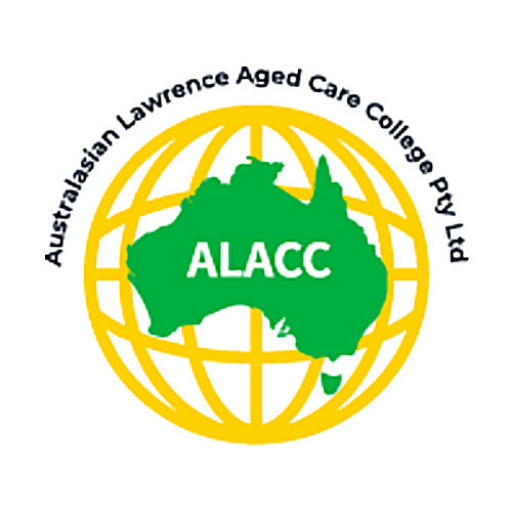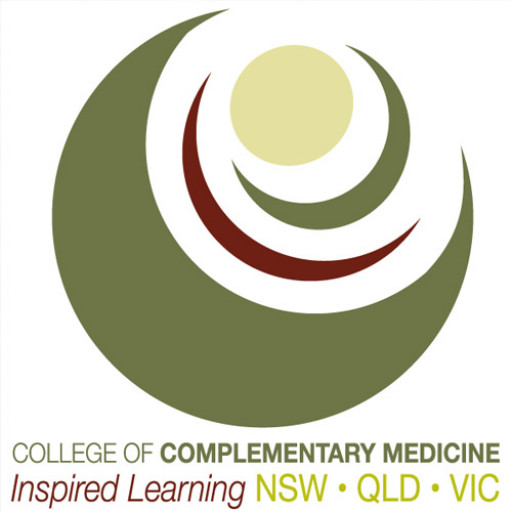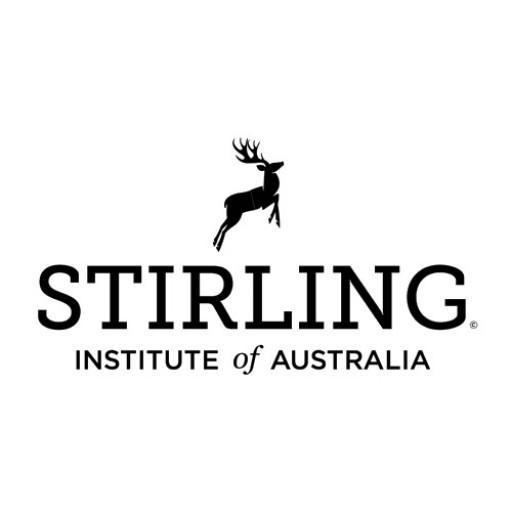This qualification reflects the function of workers who provide services to clients in relation to mental health difficulties. They are able to offer counseling, referral, advocacy and education/health pro-motion services.These workers need to own high level specialist knowledge, skills and competencies particularly in respect to laws affecting individuals with mental health issues, the variety of services offered in their mind and medical issues associated with mental wellness. To achieve this qualification, the candidate must have done at least 160 hours of work as detailed in the Assessment Prerequisites of units of competency.No certification, legislative, regulatory or certification requirements affect the qualification at the time of publication.
The Mental Health program at ALACC Health College is designed to equip students with comprehensive knowledge and practical skills to effectively support individuals experiencing mental health issues. Throughout the course, students will explore a wide range of topics, including the fundamentals of mental health, common mental health disorders, and effective intervention strategies. The curriculum emphasizes understanding the psychological, social, and biological factors that influence mental well-being, enabling graduates to provide empathetic and informed support across various settings. In addition to theoretical foundations, the program offers hands-on training through simulations, case studies, and supervised practical placements, which are integral to developing real-world competencies. Students will learn to recognize early signs of mental health challenges, communicate effectively with clients, and implement evidence-based strategies to promote recovery and resilience. The program also addresses important issues such as crisis intervention, trauma-informed care, and the importance of cultural competence when working with diverse populations. As mental health rapidly gains recognition as a vital component of overall health, the program prepares graduates for roles in community health centers, mental health clinics, hospitals, and support organizations. The curriculum is regularly updated to reflect the latest research and best practices in mental health care, ensuring students receive current and relevant education. Upon completion, students will be equipped not only with theoretical understanding but also with the practical skills necessary to make a positive impact in the lives of individuals facing mental health challenges, contributing to the well-being of the community and advancing their professional careers in the mental health sector.
The ALACC Health College in Australia offers a comprehensive program in Mental Health designed to equip students with the essential knowledge and practical skills needed to support individuals experiencing mental health issues. The program curriculum covers a wide range of topics including understanding mental health disorders, assessment and diagnosis, therapeutic interventions, crisis management, and recovery strategies. Students will engage in both theoretical coursework and practical placements to gain real-world experience in clinical settings, community organizations, and mental health services. The program emphasizes evidence-based practice and ethical considerations, preparing graduates to work effectively within multidisciplinary teams. Core modules typically include Introduction to Mental Health, Psychology of Mental Illness, Psychiatric Assessment, Pharmacology for Mental Health, Counseling Skills, and Crisis Intervention. Additionally, students may have opportunities to specialize further through electives such as Youth Mental Health, Aboriginal and Torres Strait Islander Mental Health, and Substance Use. The program also aims to develop communication skills, cultural competence, and the ability to work with diverse populations. Practical placements are integrated into the curriculum, requiring students to complete a specified number of hours in supervised environments to meet accreditation standards and ensure readiness for professional practice. The overall duration of the program is designed to be completed within two years of full-time study, although part-time options may be available. Upon completion, graduates will be eligible for registration as mental health practitioners and are prepared to work in hospitals, clinics, community health centers, and various social service agencies. The program maintains a strong industry partnership and emphasizes contemporary issues such as mental health policy, stigma reduction, and digital health innovations. Admission requirements typically include a relevant prior qualification, such as a diploma or certificate in health sciences or related fields, along with English language proficiency. The program aims to foster compassionate, competent, and reflective mental health professionals capable of making a positive impact on individuals and communities. Students are also encouraged to participate in ongoing professional development and research activities to stay current with evolving practices and policies within the mental health sector. The ALACC Health College’s Mental Health program is committed to producing highly skilled practitioners who can address the complex challenges faced by those with mental health conditions, ensuring holistic and person-centered care.
The financing options for the Mental Health program at ALACC Health College, Australia, are designed to accommodate a diverse range of students and their financial circumstances. Prospective students can explore several sources of funding, including government assistance programs, scholarships, student loans, and payment plans. The Australian Government offers various assistance schemes, such as them the Vocational Education and Training (VET) Student Loans, which may cover part of the tuition fees for eligible students enrolled in approved courses. These loans are designed to reduce the upfront financial burden, allowing students to focus on their studies while repaying the loan after employment.
In addition, ALACC Health College provides a number of scholarships for outstanding students or those demonstrating financial need. These scholarships are awarded based on academic performance, leadership qualities, or community involvement, and they can significantly offset tuition costs. Some scholarships are specifically targeted towards students pursuing mental health studies, recognizing the importance of this field within the Australian healthcare system.
Students are also encouraged to explore external funding sources, such as state and federal government grants, private sector sponsorship, or charitable organizations dedicated to mental health and healthcare education. Many students opt for part-time work during their studies, with flexible course scheduling designed to accommodate employment. Moreover, the college offers various payment plans that allow students to pay tuition fees in installments over the course duration, easing the financial load.
For international students, specific visa conditions and sponsorship opportunities may also influence the financing options. These students may be eligible for work rights during their studies and can access scholarships or financial aid programs designed for international learners. It is advisable for prospective students to consult ALACC Health College's admissions office or their official website for detailed, up-to-date information on all available financial aid options, eligibility criteria, and application procedures. The college is committed to supporting students throughout their educational journey by providing comprehensive financial guidance to make their pursuit of mental health qualifications accessible and affordable.
The Bachelor of Mental Health program at ALACC Health College Australia is designed to provide students with a comprehensive understanding of mental health issues, treatment methods, and community support mechanisms. The curriculum emphasizes both theoretical and practical knowledge, preparing graduates to work effectively in diverse mental health settings. Students will engage in coursework covering psychological theories, mental health assessment techniques, crisis intervention, and recovery-oriented practices. Practical placements are integrated into the program to ensure students gain hands-on experience working with individuals experiencing mental health challenges. The program aims to equip learners with skills in communication, empathy, and problem-solving to support mental wellness initiatives within various community settings. Graduates of this program are prepared to work as mental health support workers, case managers, or community outreach coordinators, contributing to the well-being of individuals and communities. The program also emphasizes cultural competence and ethical practice, ensuring students are sensitive to diverse backgrounds and adhere to professional standards. ALACC Health College collaborates with industry partners to keep the curriculum aligned with current mental health practices and employment requirements. Entry requirements typically include a minimum educational qualification and English language proficiency. Upon completion, students are eligible for registration or certification depending on regional regulations, enabling them to pursue further specialization or advanced roles within the mental health sector. The program’s duration, fees, and specific entry criteria are available on the college’s official website. Overall, the Bachelor of Mental Health at ALACC is dedicated to fostering skilled professionals who can make a positive impact on mental health outcomes in Australia and beyond.








